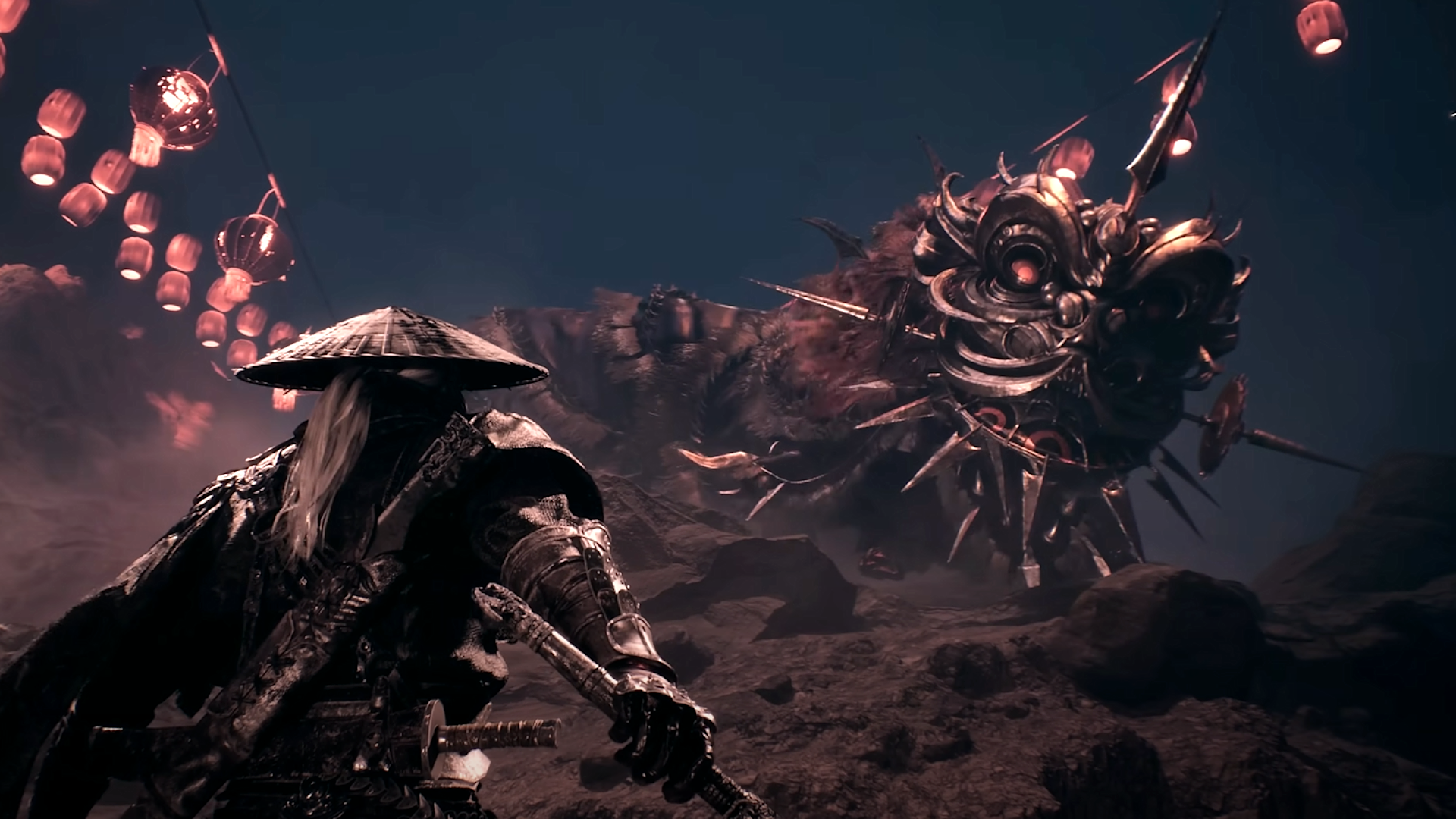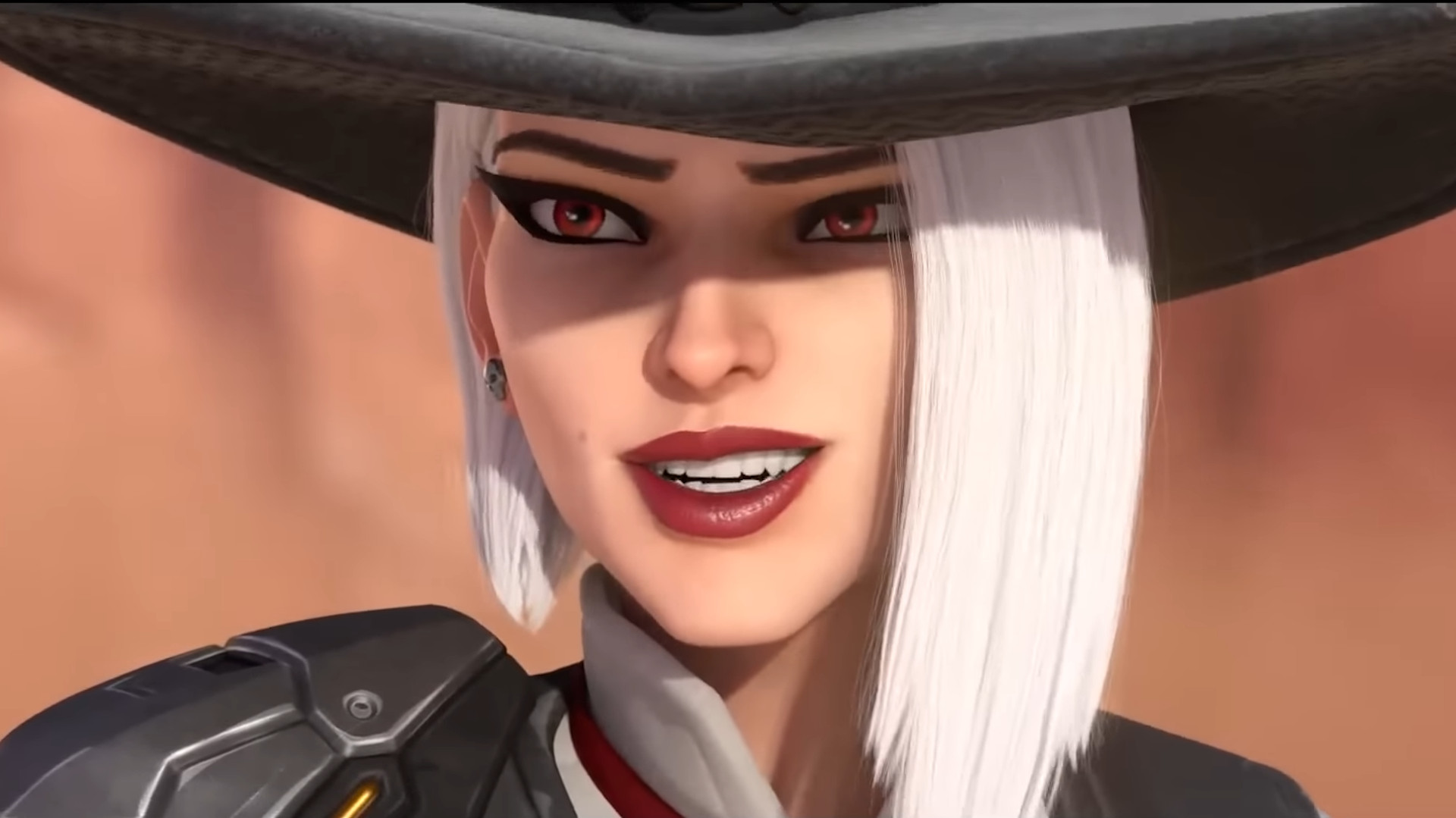
"Players will perceive unfamiliar themes as something fresh."
I had the pleasure of romping through Phantom Blade Zero during Gamescom this August, and I was very pleased with what I saw: a frenetic game that feels more like a spiritual extension of Wo Long: Fallen Dynasty than a soulslike, which is a good thing in my estimation.
It was also, from what I played, rife with lore and visual nods to Chinese mythology, a subject I’m woefully undereducated on—which isn’t a problem, according to CEO Liang Qiwei. As a matter of fact, it’s something the studio’s banking on.
Speaking with 4gamer (thanks to Automaton for the translation), Qiwei admits that Phantom Blade Zero might confuse some players with cultural nods and references, “in my opinion, the quality and playing experience of a game are its core. If you can achieve high quality and an entertaining playing experience, I think that a difficult theme can actually be an advantage, not a disadvantage. If your game is entertaining, players will perceive unfamiliar themes as something fresh.”
Qiwei also uses Black Myth: Wukong’s recent success as one of the fastest-selling games of all time to prove his point: “Black Myth: Wukong had a much higher hurdle to overcome than our game does in terms of culture as its completely based on a classic Chinese work of literature.”
Not to get on a soapbox or anything, but this is pretty much what’s great about making, well, anything—not just games, but music, movies, and so on. Market research and the ever-present altar of safe IP choices will typically reign supreme in the boardroom, but as Metaphor: ReFantazio’s director argued recently, you can tell when a game was made to a blueprint. Games that tick my familiar boxes are nice and cosy, but I’m just as much here to be submerged in a world I’d never considered before.
Not to mention, cultural exchange goes both ways—Qiwei uses the proliferation of the Japanese archetype of the samurai in China:
“I doubt Chinese players knew much about Japanese samurai at first, and I don’t think they were especially interested in them. But because there were so many good games about them, they’re now basically recognized as a pop theme. So, to repeat, if the game itself is interesting, the sense of its themes being foreign can be an advantage, rather than a barrier. I think it’s a very strong plus that draws in more players.”
To nerd out for a minute here, it’s actually super appropriate that Qiwei’s talking about samurai media, since it’s basically the poster child for America’s exchange of culture with Japan. If you’ve ever enjoyed a Star Wars movie or game, you’ve got samurai media to thank, given George Lucas was (some might say too) heavily inspired by The Hidden Fortress—the word Jedi’s even derived from Jidaigeki, a genre of samurai drama. Conversely, samurai and western movies have a long history of cultural exchange, often drawing similar inspirations and homages to each other.
We’re all just playing in the same sandbox, and I’m happy that more foreign studios are recognising that—like how Atlus tried to ape classic western fantasy like Lord of the Rings before going ‘nah, actually, we’re just gonna do our own thing, let’s just use the entire works of Hieronymous Bosch for our monster designs’. Lean into the unfamiliar, I say.







